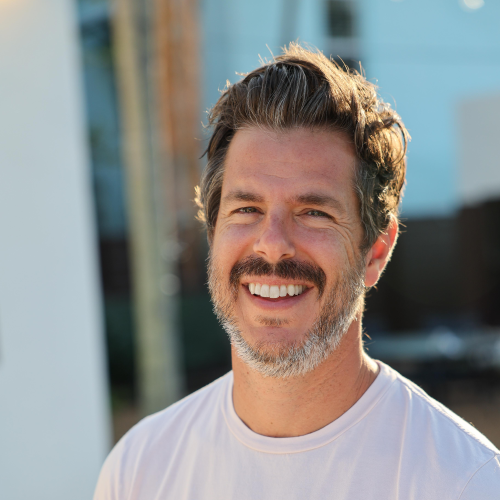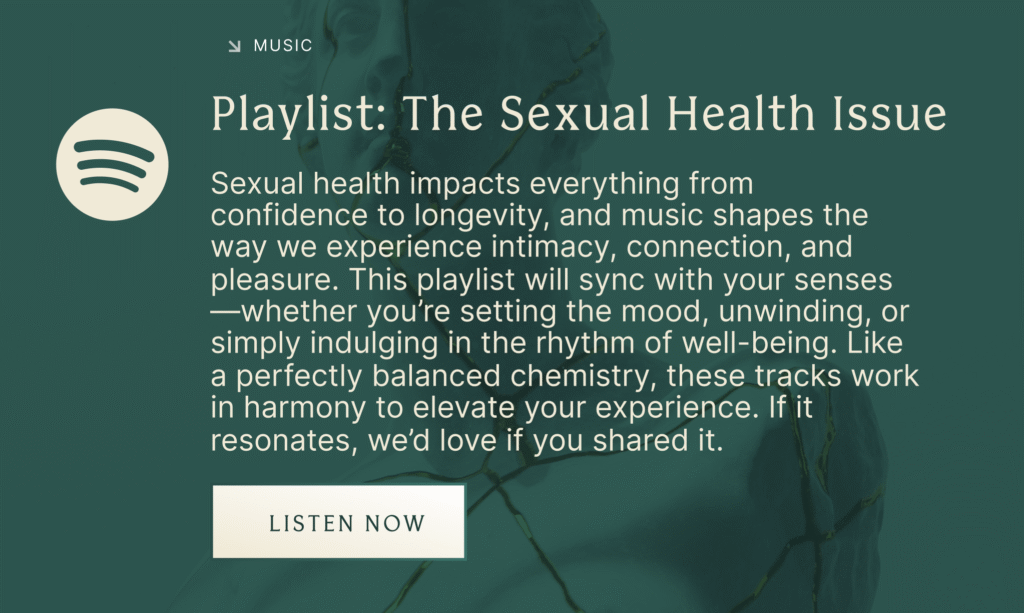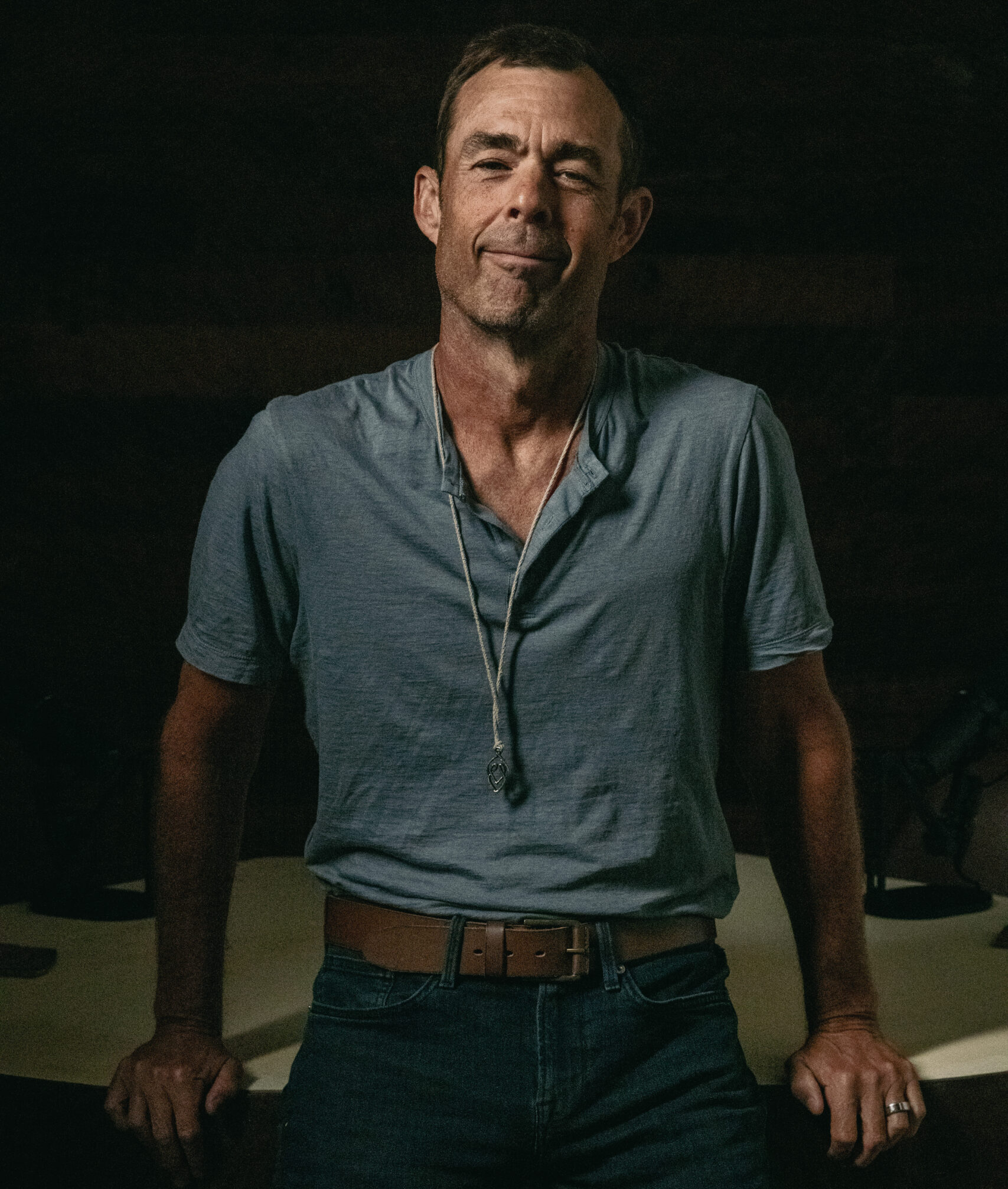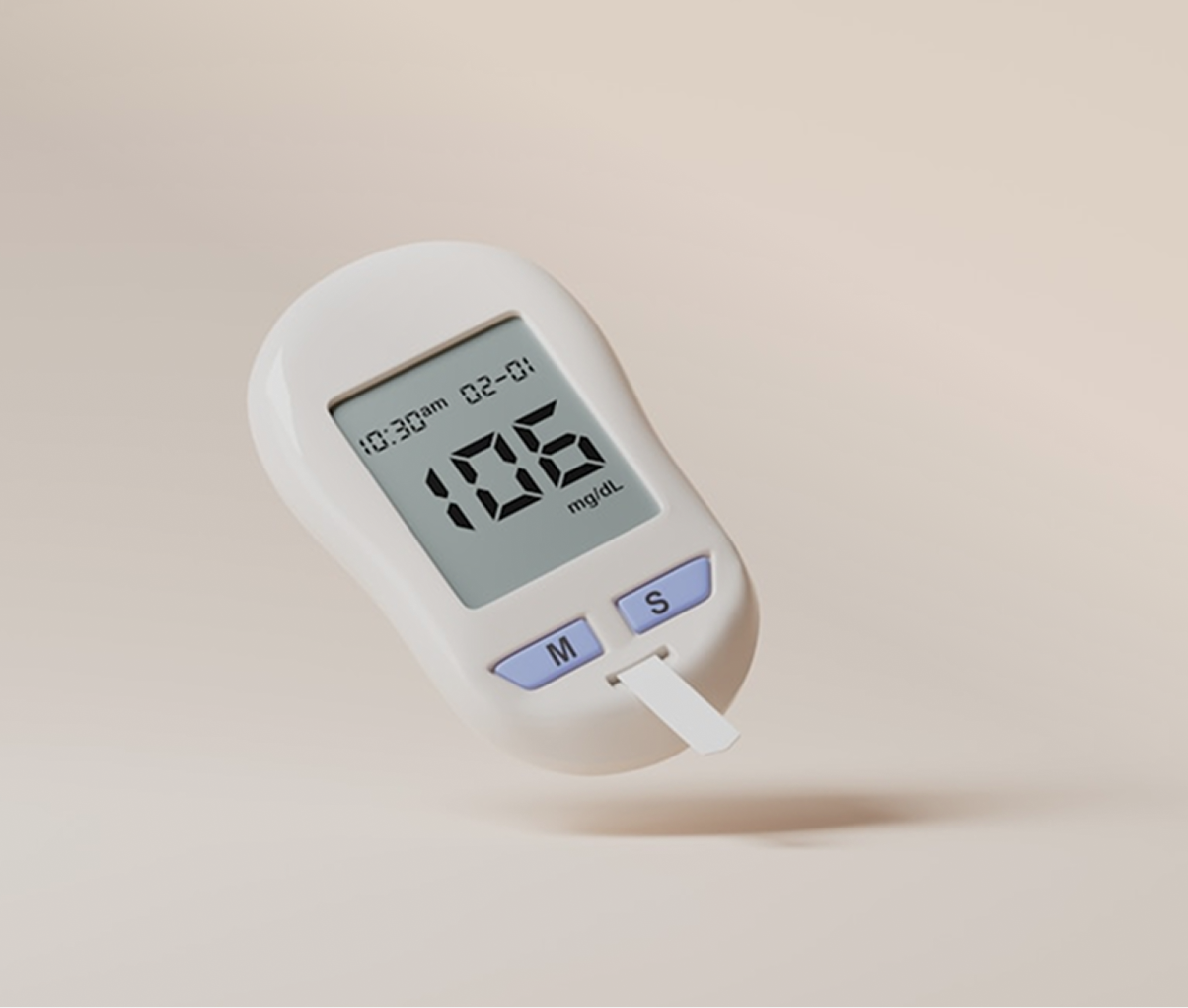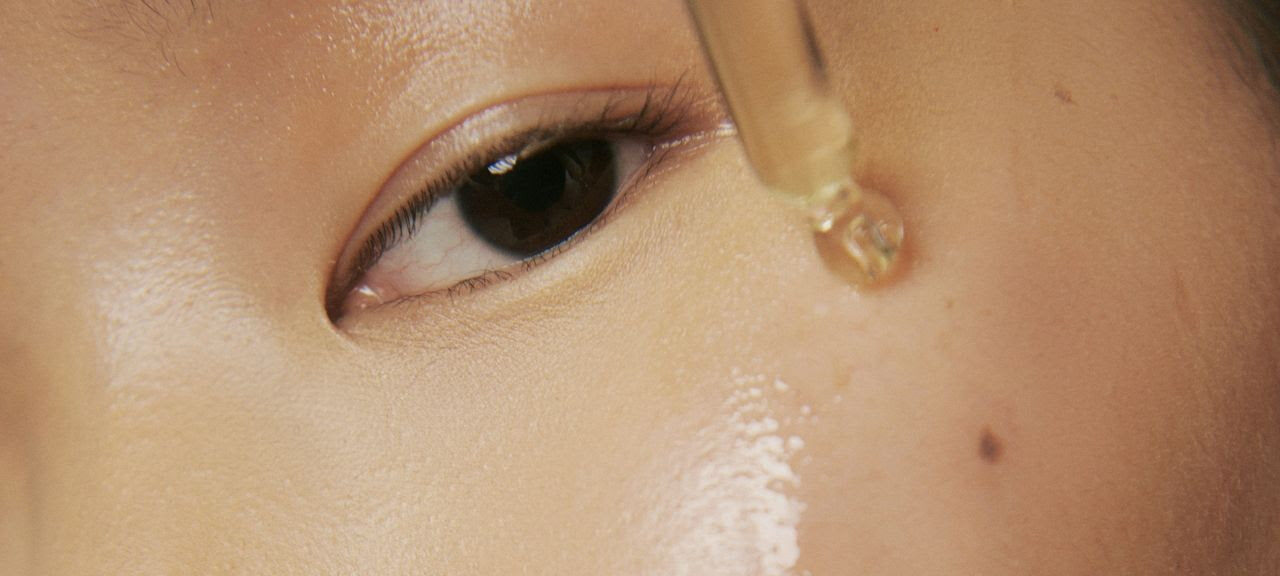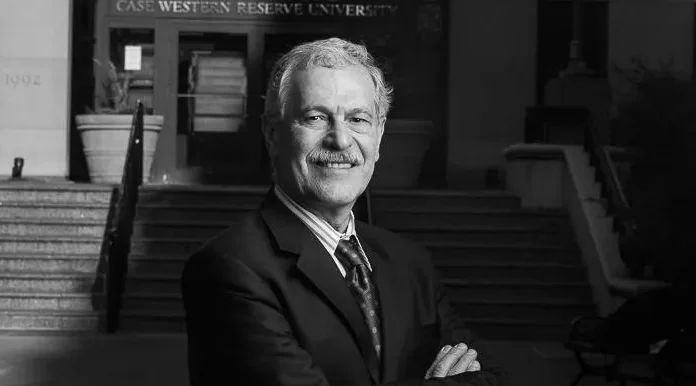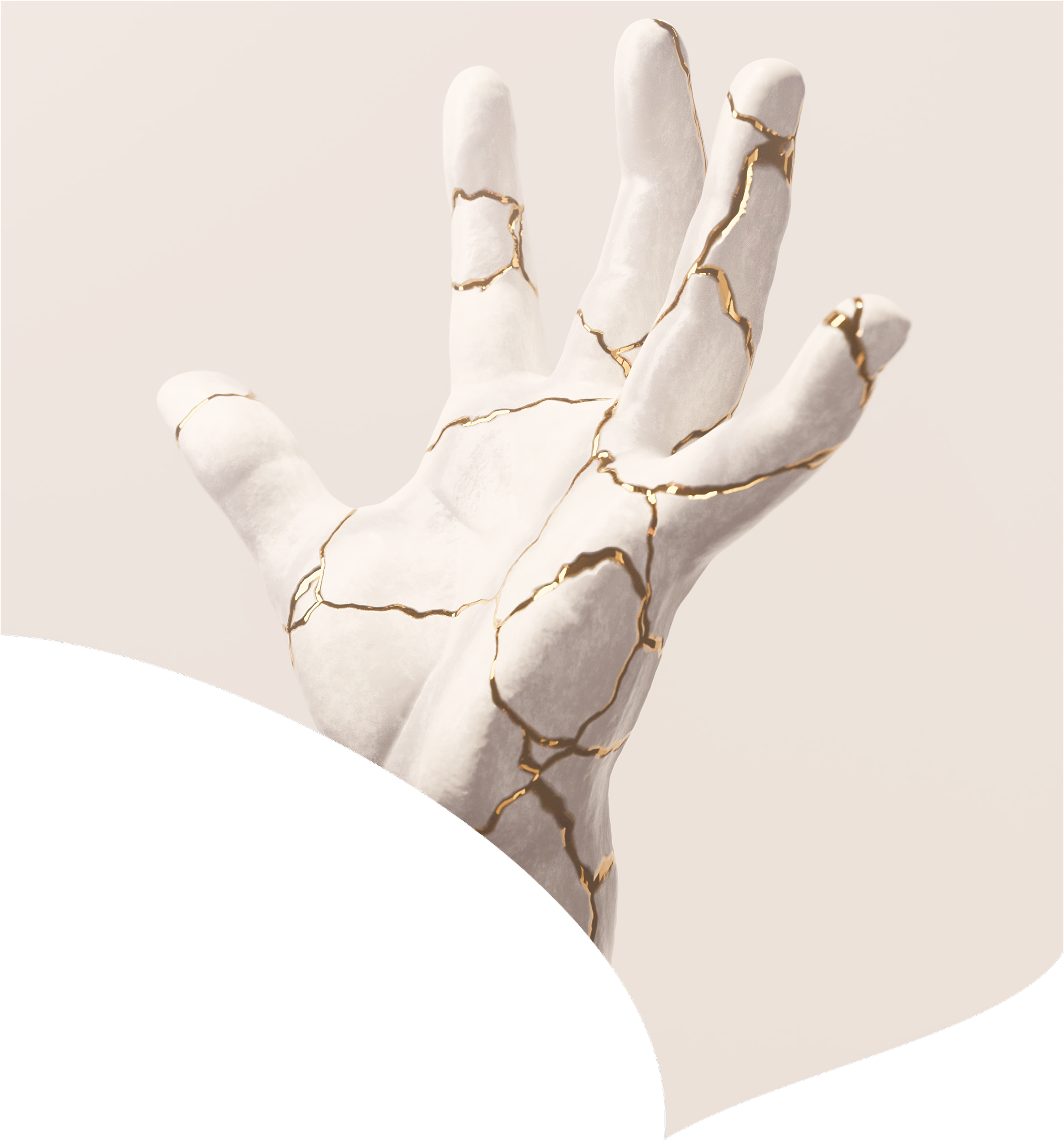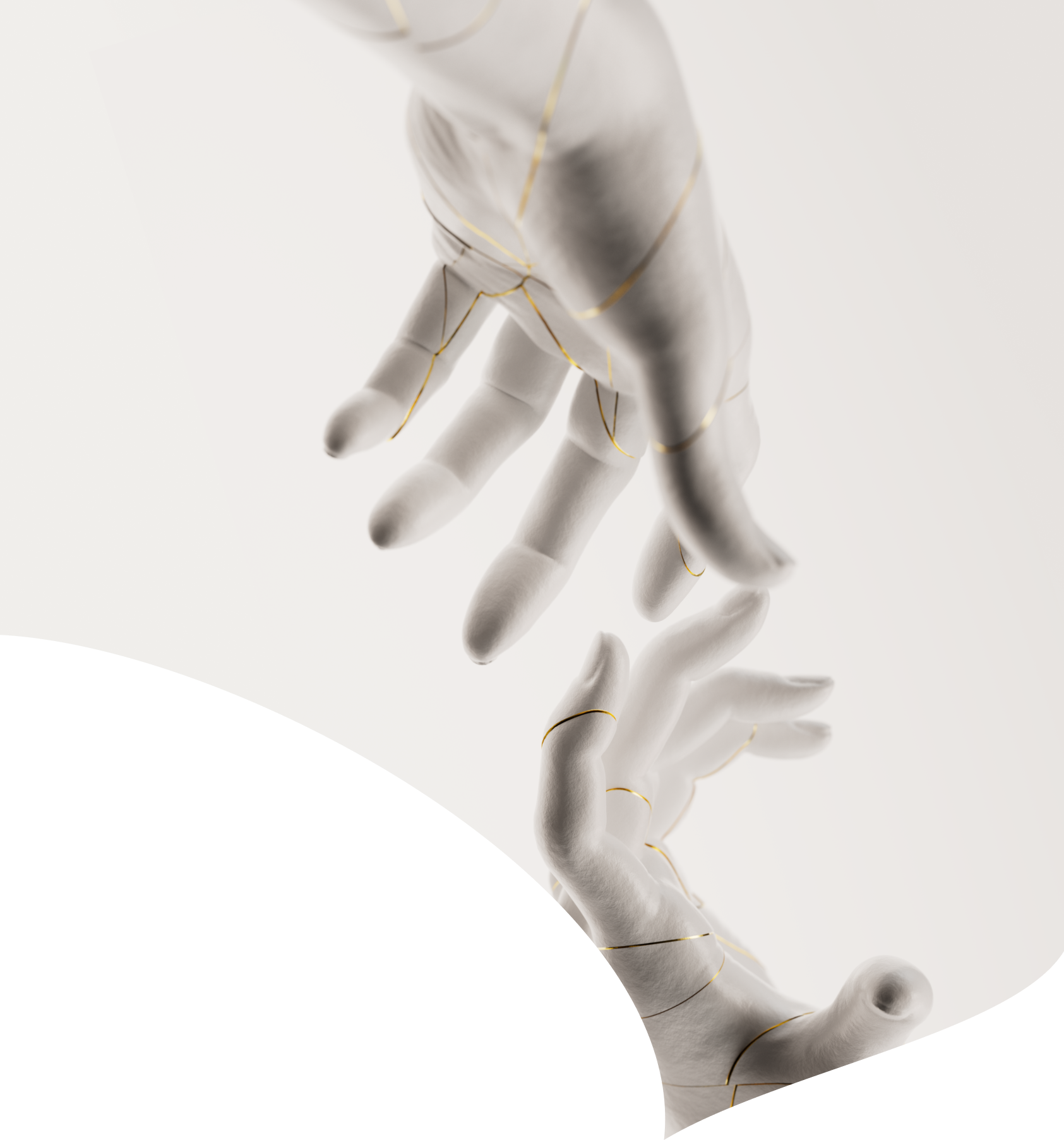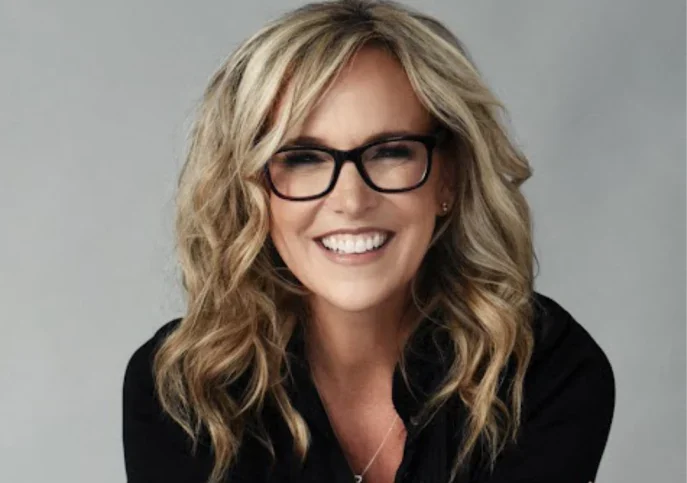
In the last issue, we examined holistic sexuality through a modern lens—an essential yet often neglected pillar of well-being and longevity. We’re reframing the conversation, challenging outdated taboos, and embracing a more progressive, intentional approach to sexual health.
Missed it? You can still catch up on Part 1 of The Sexual Health Issue.
When it comes to holistic sexuality, we have questions, and we know you do too. Luckily, we get to ask them of Eudēmonia’s sexual health peritus in residentia, Dr. Juliana Hauser.
With over two decades of experience supporting people to discover their own sexual agency, Dr. Juliana Hauser leads conversations about taboo topics like sex and sexuality, menopause, intimacy, and relationships, with approachability and expertise. She has a PhD in Counseling Education; has a thriving private practice; is a beloved media personality on screen, on stage, and in print; and is both a TEDx and Eudēmonia Summit speaker. Dr. J is also the creator of the holistic sexuality course “Revealed” and is the author of A New Position on Sex: A Guide to Greater Sexual Confidence, Pleasure, and Authenticity, coming fall 2025.
QUESTION 1: WHAT’S ONE SURPRISING, OFTEN-OVERLOOKED FACTOR THAT PLAYS A MAJOR ROLE IN LONG-TERM SEXUAL FULFILLEMENT IN RELATIONSHIPS?
Sexual agency and sexual empathy. Both of these skills take effort, learning and unlearning, and a commitment to self-development and health, holistically.
It’s vital within any relationship—especially ones with sexual connection, however long or short they may be—that both partners are heard, seen, and valued. This may sound like a tall order, but if we’re striving for an evolved culture that honors and celebrates sexuality, it’s imperative.In long-term relationships even more so, sexual agency and sexual empathy are necessities as desires, needs, preferences, and bodies change over time. Sexuality is ever-evolving, fluid, and at times unpredictable. Not having the tools you need to navigate this truth with your partner(s) will likely set you up for moments of anger, shame, embarrassment, loneliness, and disconnection—the opposite of long-term sexual satisfaction and fulfillment.
Change in your sexual fulfillment will happen, at different times and in different ways for everyone. But by cultivating the skills of sexual agency and sexual empathy, you will be prepared for the inevitable changes instead of blaming, shaming, being shocked, or resentful.
Building these skills individually and together will increase the confidence in your relationship and each other as you navigate the lifelong journey of sexual fulfillment with resilience, curiosity, care, and respect. It’s an investment in the longevity of your contentment both within a sexual context and outside of it.
Here’s a crash course.
Sexual agency is, in short, knowing your terms and living your terms. It’s:
- Understanding that sexuality is first individual and then can be experienced with others
- Having access to and knowledge of holistic sexual education—in general and about your own specific interests and needs
- Clearly expressing your yeses and noes while respecting them from others
- Making decisions with purpose and intention, aligned with the essence of who you are
- Knowing that pleasure is your birthright, which comes with responsibility
- Defining your sexuality within the context of your many intersecting identities
- Freedom from external influences that are not safe or consensual
- Freedom from what you’ve been taught by cultural and relationship “shoulds”
- Making decisions that honor your body, emotions, and relationships
- Honoring others’ needs without blame, shame, or judgement
- Celebrating the never-ending continuums that make us all individuals
While empathy is the ability to share and relate to the feelings of someone else, sexual empathy is the ability to share and relate to the feelings of someone else within the context of sexuality. It is the acknowledgement of the many inevitable changes that will take place within each of us over the course of our lives—and caring about those changes.Cultivating sexual empathy allows you to care about and understand your partner’s changing pleasures, interests, and experiences without judgment. Sexual empathy is about actively pursuing an understanding of your partner’s evolving sexuality, creating safety for your partner to explore and expand and communicate, and understanding and responding to your partner’s evolving desires and boundaries.
These two tools in tandem are an amazing foundation for long-term sexual satisfaction. It’s not always easy and it requires you to put in the work, but holistic sexuality is a lifelong responsibility with incredible rewards and benefits. It’s much easier to say that this or that sex position or tip is the key to lifelong “good sex,” but sexuality goes so much deeper than that. When considered holistically, it honors the endless expressions of our sexuality over a lifetime.
QUESTION 2: WHAT’S THE MOST COMMON MISTAKE COUPLES MAKE WHEN TRYING TO “SPICE THINGS UP” IN A LONG-TERM RELATIONSHIP, AND WHAT SHOULD THEY DO INSTEAD?
Focusing only on trying new things without any focus on deepening connection is a huge stumbling block. When I talk about holistic sexuality, I liken the attic of a house to fun sex tips and novel experiences. Though it’s important, if you have only an attic without a solid foundation, walls, and structure, you don’t really have a house at all!
People often assume that adding a new toy, trying a taboo position, or planning an exciting getaway will automatically reignite desire and, with it, long-term fulfillment. While novelty can be exciting and is an important factor, it’s often a temporary fix if underlying emotional, psychological, or relational factors are ignored–which is often the case. Novelty needs to be strategically informed and seen as support rather than the main feature.
Rather than just chasing excitement and newness, couples who prioritize a deeper connection through intentional intimacy and a holistic view are rewarded with everlasting and ever-changing benefits. Here are some ways I have seen couples achieve sexual fulfillment and excitement in their long-term relationships:
- Prioritizing Authentic Sexual Communication
Set and setting are vital here. Have uninterrupted conversations when you’re fully clothed, outside the bedroom, and both well-fed and rested. In that sacred space that you’ve carved out for each other, instead of guessing what the other person wants and needs, you’re able to have an open, pressure-free conversation about your desires, fantasies, and what truly makes each partner feel connected and desired. - Exploring Sensory & Emotional Connection
Activities like sense exploration (getting a variety of foods, music, images, textures, scents to explore), eye gazing (staring at each other’s eyes without speaking for at least a minute), or even non-sexual physical touch (such as massage or slow dancing) can be something new and different that leads to new learnings, deeper connection, and pleasure. - Seek Climaxes that Aren’t Orgasm
We put so much pressure on orgasms as the achievement of sexual connection, but there’s so much more pleasure than just orgasms to be explored. Focusing on pleasures of all kinds with present-mindedness and curiosity may have surprising benefits! Find your yucks and yums by inviting in your birthright to pleasure in all aspects of the pleasure continuum. - Desire Begins Within
I like to call desire “a spark,” and this spark looks different for everyone and takes so many forms. Have you ever looked at a blossoming flower and felt the sensation of desire? Felt exhilarated by dancing to your favorite song by yourself? These are micro-moments of desire that build up to a greater desire within. Make time for moments of pleasure that ignite that sparky feeling within you. Invite your partner(s) into your desire and ask about theirs!
There is an endless list of ways to “spice things up” from tips like these, to more action-oriented “try doing this” recommendations. Rather than view this exploration as a chore, reframe the goal with curiosity to “How can we deepen our connection?” “How can we explore each other’s desires and fantasies with safety and presence?”
QUESTION 3: WHAT DOES GREAT AFTERCARE LOOK LIKE IN ANY SEXUAL ENCONTER, AND WHY IS IT CRUCIAL FOR LONG-TERM SEXUAL FULFILLMENT?
Aftercare refers to the practice of caring for yourself and your partner after sexual connection—and this does not just mean after penetrative sex. Great aftercare looks like an intentional, present-minded, attuned connection after sexual connection. The only way to achieve great aftercare is to have great awareness and communication.
Great aftercare ensures that everyone feels safe, valued, heard, seen, and emotionally supported. This looks different for everyone. Great aftercare also starts within the sexual connection. These things must be present throughout the experience as well. Here are a few of my favorite aftercare inclusions:
- Make It Comfortable
Go out of your way to make the space comfortable. This could mean blankets, a glass of water, soft lighting, quiet music, a candle, showering together. It also may not be any of those things for you. What brings you comfort? Know it and share it. - Physical Closeness . . . Or Not!
For some, cuddling, massage, holding hands, or simply lying close can reinforce intimacy and security, and for others it could look like taking space. Great aftercare includes either or both of these, depending on the needs and wants of both involved. - Talk About It
Verbally express your appreciation. Recap the experience. As questions like, “How are you feeling?” “Anything you want to talk through?” “Did you like when I tried that?” Share your affection, as well as proactively offering your own experience, “That was amazing,” or “I loved it when you did this.” (if you did!). This helps some partners to feel emotionally connected. You can keep it light, too. Laughing together is a great way to reinforce safety and comfort. But remember that some people may not want to talk at all either! - Acknowledge Logistics
Sex acts can be messy sometimes, involving fluids, condoms, lubrication, wet spots, sweaty sheets, missing clothing, “cum towels,” and much more. Sometimes people want to stay in the post-sex afterglow and not move at all. Others want to clean up the scene and move into their day or into sleep. You can have towels ready, help change the sheets, or even offer to rinse off in the shower if those items are important to your partner and aren’t a problem for you. - Check-Ins
It can be connecting, as well as informative to check in with your partner a few hours afterward or the next day. Ask how they’re doing and feeling about the encounter, as well as giving your thoughts on the experience. This can be especially helpful if one or both of you worked to an edge, tried something new, or the experience didn’t go as hoped or planned. Letting some time pass and proactively coming back to it can show the experience mattered and also give space for each to process and have sexual agency in reflection and communication.
Aftercare shows the person or people you’re with that you, well, care! And that the sexual connection mattered to you, whether with someone brand-new or in a long-term relationship. Aftercare is kind. It builds or strengthens trust, safety, and intimacy, which support deeper connection, vulnerability, and can even contribute to increased desire. It also opens the door for continued conversation and communication about future sexual connection (boundaries, comfort level, desires, etc.), which is imperative to long-term sexual satisfaction and fulfillment.
Like sexuality in general, it’s easy to treat aftercare like a luxury. But again, like sexuality, aftercare is a necessity. It has an incredible power to strengthen your relationships, deepen your connections, help you learn more about yourself and others, and contribute to great sexual connections in the future, too!
QUESTION 4: FOR SOMEONE FEELING DISCONNECTED FROM THEIR BODY OR STRUGGLING WITH SEXUAL CONFIDENCE, WHAT’S THE MOST IMPORTANT FIRST STEP TO REBUILDING THAT CONNECTION?
The first of my 9 Pillars of Holistic Sexuality is the perfect place to start: sensuality! Sensuality is your experience and expression of, comfort with, and access to the five senses: sight, taste, hearing, touch, and smell. Sensuality is how you actively experience the connection between sexuality and embodiment through your senses and how you activate your senses individually and within sexual experiences with others.
In my practice, I have heard people say countless times: “I’m not a sensual person.” In many cases, they believe that to be the reason they are hindered within sexual connection or that is why their desire for sexual connection is low or non-existent. To that I say, if you have any of the five senses, then you are a sensual being.
Connecting to yourself through your senses allows you to begin naturally tuning into your yeses and nos, your yucks and yums. Even these small realizations and decisions begin building confidence in yourself and in return, your sexuality. The color yellow? No. The taste of chocolate? Yes. Sound of my partner’s pleasure? Yes. Feel of sandpaper? No. The smell of lavender? Yes. And so on.
The potential of the five senses awakens your body and your connection to it. Examining what you like and don’t like, what turns you on and what doesn’t, is important. We all have sensual styles, just as we have personality types and learning styles. Sensuality is critical to core connection and is a powerful force to employ and explore when looking to reconnect to your own sexual energy or enhance it with a sexual partner.
Once you have a baseline connection with your sensual self, the next steps involve expanding the relationship to pleasure and desire.
|
HUNGRY FOR MORE?
- There’s no market for Ozempic in Japan. Here’s why.
- 99 year-old Dick Van Dyke gave away his secret to longevity.
- Reality isn’t good or bad. It just is.
- Are eggs healthy again? A new study says so.
- U.S. News ranks the best overall diets each year. And the winner is ...
|
Disclaimer: This newsletter is provided for educational and informational purposes only and does not constitute providing medical advice or professional services. The information provided should not be used for diagnosing or treating a health problem or disease, and those seeking personal medical advice should consult with a licensed physician.

February 14, 2026

February 6, 2026

January 31, 2026

January 23, 2026

January 16, 2026

January 9, 2026

January 2, 2026
